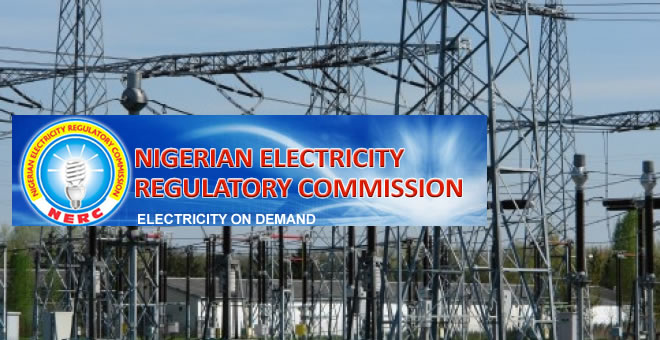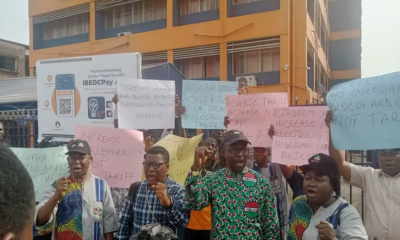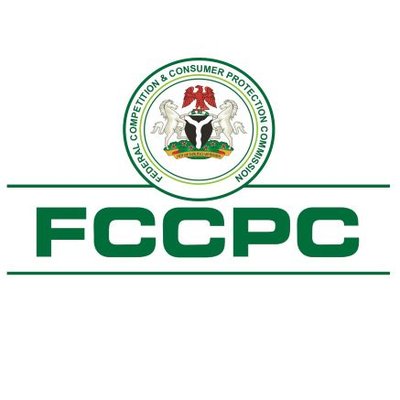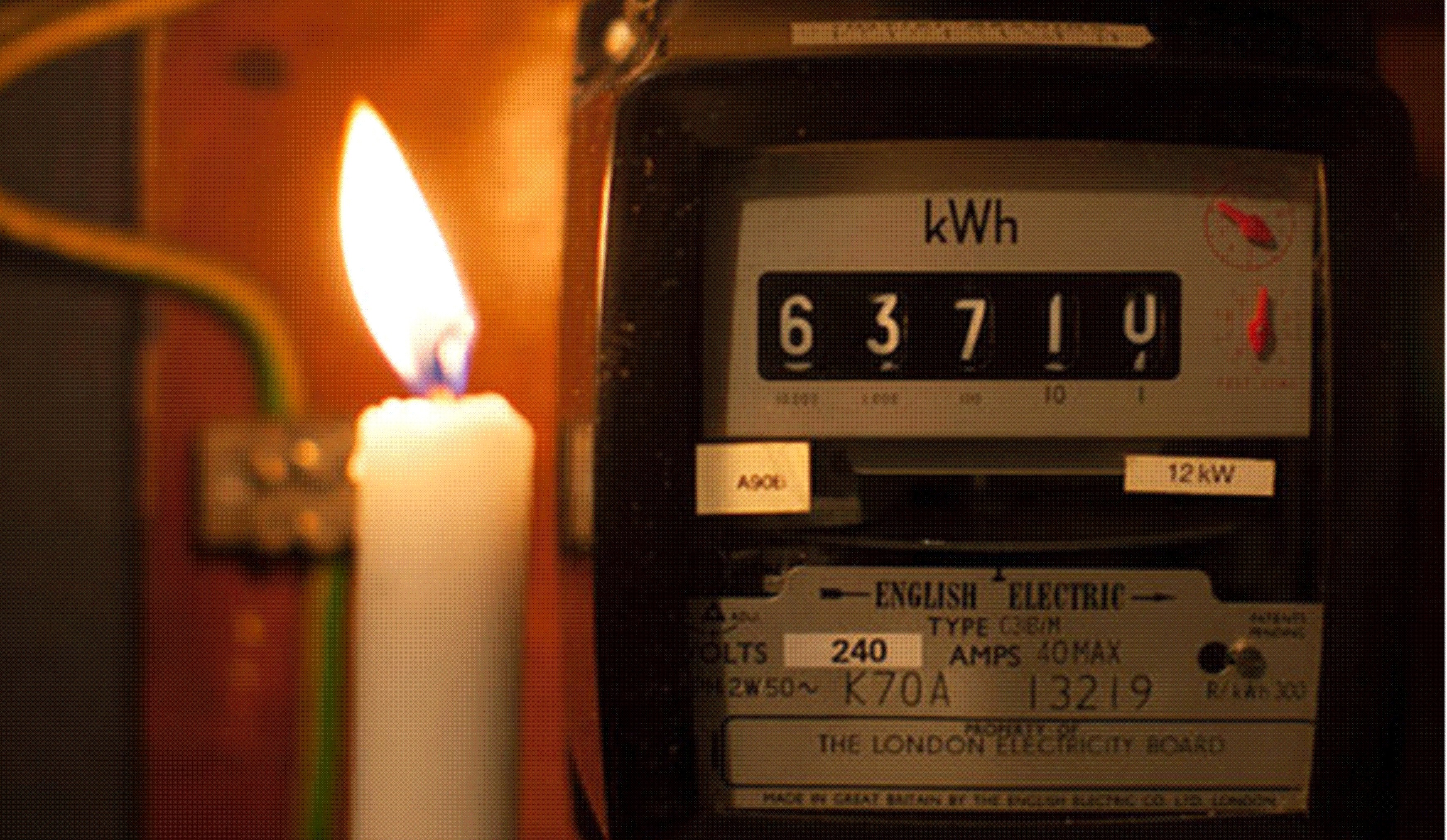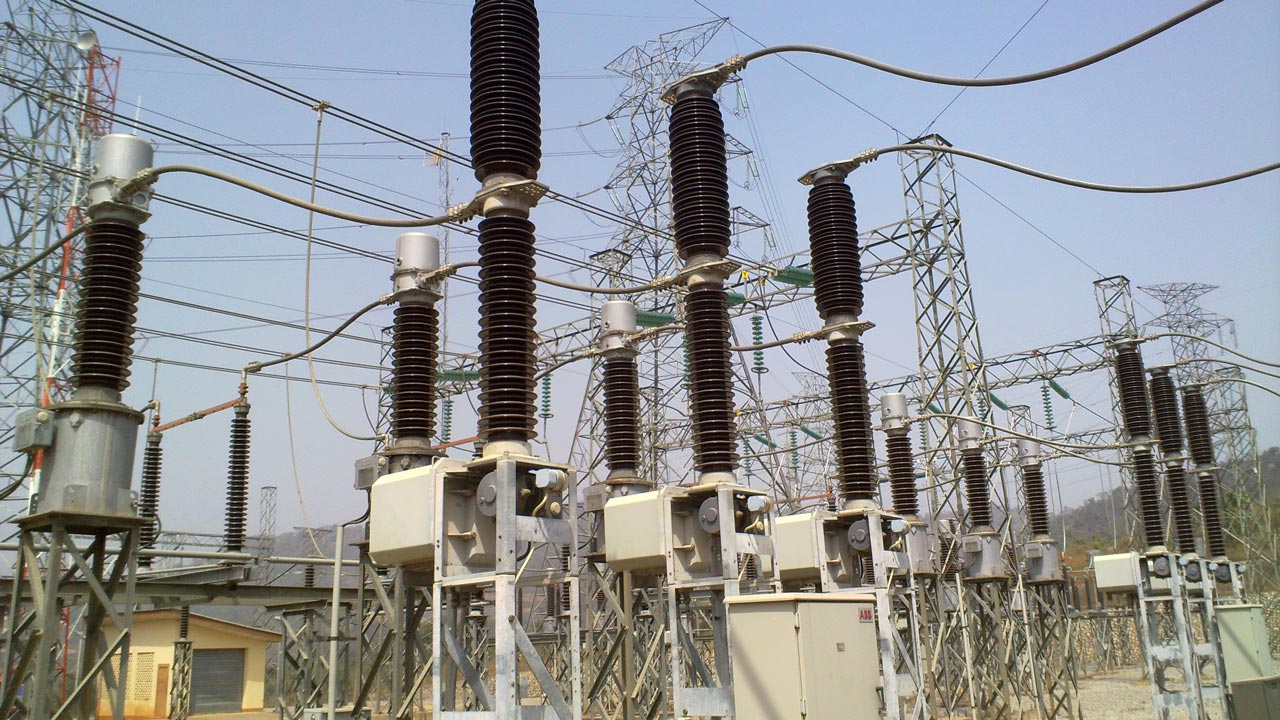Electricity consumers in the country may have to adjust their budgets, as tariffs in the country go could up anytime soon as the Nigerian Electricity Regulatory Commission (NERC) has submitted a revised template to the federal government
An official of the Nigerian Electricity Regulatory Commission (NERC) Aisha Mahmud disclosed this at an event in Abuja, adding that the commission is currently waiting for approval to implement it.
“We have done the review and it is the federal government that is to decide on whether to implement the n51 price for a kilowatt-hour or not, as against the n31/kwh that is being paid for the commodity presently,” the official said.
Electricity tariffs are determined by several factors including inflation rate and the foreign exchange rate. Majority of the equipment used in the power sector are imported. Inflation rates have virtually doubled since last year and the Naira dollar exchange rate has depreciated massively, since the last increase took place. Distribution companies (Discos) had long pushed for an increase in the tariffs as they were below current costs.
ALSO SEE: How Ibadan Disco diverted N6bn intervention fund
The increase in electricity tariffs will be of great benefit to the various operators in the power value chain. Distribution companies (the direct beneficiaries of the increase) will have more revenue to offset their debt to generating companies that supply them power. Generating companies, on the other hand will be able to pay off debts to gas suppliers.
An increase in electricity tariffs would however lead to an increase in power costs for both individuals and businesses. This could lead to an increase in the price of goods and services (inflation).
Approaching elections, mean the government may be unwilling to implement increase in tariffs, as that would create negative sentiments among the electorate. The government could decide to suspend the increase, or allow a marginal increase.
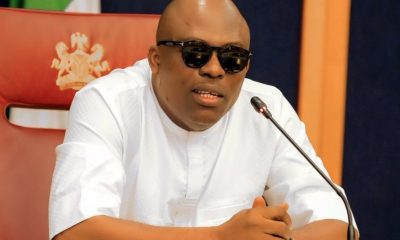
 News1 week ago
News1 week ago
 Agribusiness1 week ago
Agribusiness1 week ago
 Football5 days ago
Football5 days ago
 Football1 week ago
Football1 week ago
 Football1 week ago
Football1 week ago
 Entertainment4 days ago
Entertainment4 days ago
 Football6 days ago
Football6 days ago
 Football6 days ago
Football6 days ago
